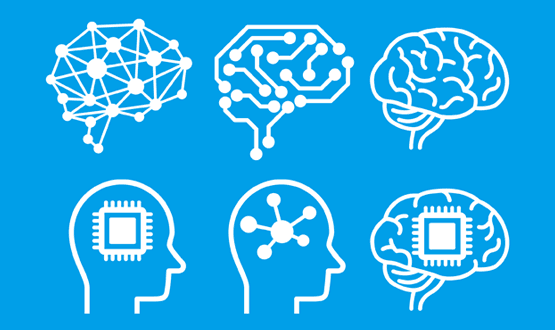“We’ve reached a critical point in our health and social care system,” claims Mark Davies, Chief Medical Officer at IBM Watson Health. “We have neither enough doctors nor nurses, and the money is tighter than it’s ever been.” Couple this with the fact that the volume of medical data is expected to double every 73 days by 2020* and it’s no surprise Davies advocates a new approach to healthcare. His view is that we need support from technology, including AI, to shoulder some of the burden in absorbing and harnessing data. This could inform and support clinicians in their focus on understanding populations and promoting wellness as much as treating illness within them.
Davies believes the health and care system needs to focus on people rather than organisations. When the focus is on people, according to Davies, this gives a profound understanding of the needs of a population, and for this AI can help to make sense of increasingly diverse and expansive data. “Data and the rich insights that can be derived from linked data sets that put together different modalities of care can be used to create a data architecture around an individual. This is incredibly powerful in creating an understanding of what is going on within a population. It provides a way of segmenting groups within a population as a way of driving the design of services.”
This point of joined-up data feeding into healthcare scales out into complex care coordination, focusing on groups of patients in need of more complex, coordinated care, which can help ensure their data is available throughout the system, so they experience a smoother patient journey.
Davies argues that data will be increasingly pivotal to many aspects of healthcare, particularly in what he terms allocative and operational efficiencies. He defines the former as how resources (staff, time, money, buildings etc.) are used and considers operational efficiency as minimising waste and unwarranted variations in care delivery.
IBM has considered AI in a healthcare context since 2005 and, in 2015, created Watson Health to focus on how data, analytics and AI could help address health and care challenges in an era that produces swamps of data without, as yet, applying it to its full potential. Health Quest Medical Practice uses IBM Watson Health precisely for such a purpose – to supplement information in their EHR and help them close patient care gaps.
*source: University of Iowa, Carver College of Medicine, 2014
Find out more
Our work with Alder Hey
Copyright: IBM Healthcare
Contact IBM Healthcare:
Gwyneth Coombs
IBM Watson Health
gwyneth.coombs@uk.ibm.com
Web: www.ibm.com/industries/uk-en/healthcare/
Twitter: @IBMWatsonHealth







